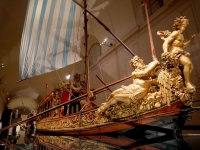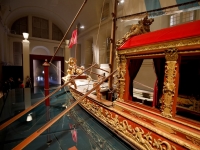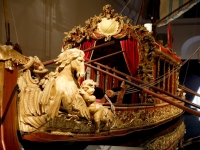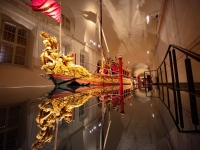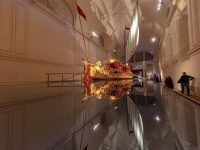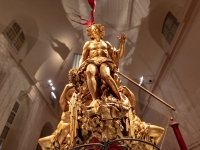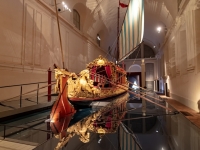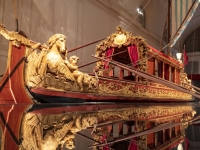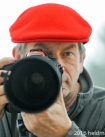Kultur
THE BUCINTORO, THE MOST BEAUTIFUL SHIP IN THE WORLD
The Bucintoro
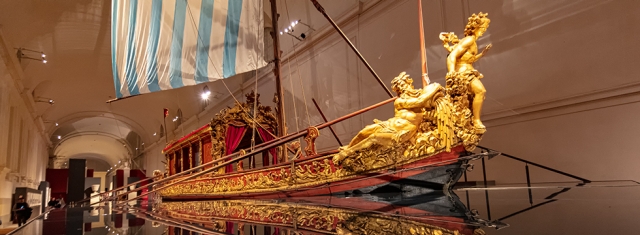
The Bucintoro (Quelle: Roberto Magni Comi Daniela Foto ReD Photographic )
The name Bucintoro, as Sanudo also testifies, derives from the Venetian buzino d'oro (burcio d'oro), Latinized in the Middle Ages as bucentaurus, the name of a hypothetical mythological creature similar to the centaur but with a bovine body.
This has led someone to argue that the name derived from a bovine head used as a figurehead of the galley, but the hypothesis is erroneous: the name bucentaurus does not exist in Greek mythology, and the figurehead of the Bucintors (as it appears in the paintings that depict them) it is Venice in the form of Justice. However, it seems that any large and sumptuous Venetian galley was called Bucintoro. Du Cange quotes from the chronicle of Doge Andrea Dandolo (died 1354):
History and characteristics of Bucintoro
The Bucintoro was based in the Arsenal of Venice, first in a basin, as attested by Jacopo de Barbari's plan from 1500, later in a special covered dock, called Casa del Bucintoro, where the ship was kept dry and without its decorations. Before being used the Bucintoro was carefully caulked, to restore the waterproofness of the hull, and re-decorated. The Arsenal workers, called Arsenalotti, were at the oars by exclusive privilege, while the command fell to the Admiral of the Arsenal, assisted from the bow by the Admiral of the Lido, who checked the route, and from the stern by the Admiral of Malamocco, who he supervised the helm.
The Bucintoro of the origins
It was used in public ceremonies already by the Doge Pietro Tradonico as far back as 836, a period to which the oldest attestations of all can therefore be traced back. The shapes and decorations of this first period were very particular, as evidenced by the flatness of the ship and its towing.
Photo Roberto Magni and Daniela Comi By Foto ReD Photographic Agency Bologna Motorvalley Italy
Images taken with professional Canon Eos cameras
Images taken with professional Canon Eos cameras
weitere Informationen: https://www.redmagazine.red
Für den Artikel ist der Verfasser verantwortlich, dem auch das Urheberrecht obliegt. Redaktionelle Inhalte von GDN können auf anderen Webseiten zitiert werden, wenn das Zitat maximal 5% des Gesamt-Textes ausmacht, als solches gekennzeichnet ist und die Quelle benannt (verlinkt) wird.

